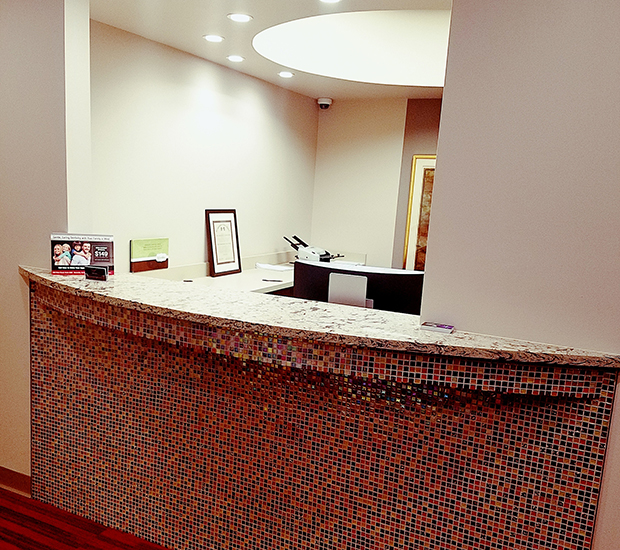North Arlington
Request An Appointment
312 Belleville Turnpike #3B
North Arlington, NJ 07031

Office Hours
- Monday
- Tuesday
- Wednesday
- Thursday
- Friday
- Saturday
- Sunday
- 8:00AM to 6:00PM
- 8:00AM to 6:00PM
- 8:00AM to 6:00PM
- 12:00PM to 6:00PM
- Closed
- Closed
- Closed
